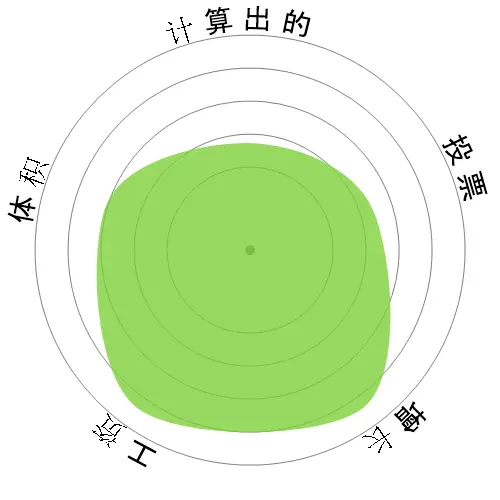信息安全分析师




人们还浏览了
计算自动化风险
中等风险(41-60%):中等风险的职业通常涉及常规任务,但仍需要一些人类的判断和交互。
有关这个分数是什么以及如何计算的更多信息可在这里找到。
用户投票
我们的访客投票表示,他们不确定这个职业是否会被自动化。 这个评估进一步得到了通过计算得出的自动化风险等级的支持,该等级预计有58%的机会实现自动化。
你认为自动化的风险是什么?
信息安全分析师在未来20年内被机器人或人工智能取代的可能性有多大?
情感
以下图表在有大量投票数据时会显示。这些可视化图表展示了用户投票结果随时间的变化,提供了情感趋势的重要指示。
随着时间(每年)的情绪变化
增长
预计"Information Security Analysts"的工作空缺数量将在2033内增长32.7%
总就业人数和预计的职位空缺
更新的预测将在09-2025到期.
工资
在2023,'Information Security Analysts'的年度中位数工资为$120,360,或每小时$57。
'Information Security Analysts'的薪资比全国中位工资高150.4%,全国中位工资为$48,060。
随着时间推移的工资
体积
截至2023,在美国有175,350人被雇佣为'Information Security Analysts'。
这代表了全国就业劳动力的大约0.12%
换句话说,大约每866人中就有1人被雇佣为“Information Security Analysts”。
工作描述
计划,实施,升级或监控用于保护计算机网络和信息的安全措施。评估系统的安全漏洞,提出并实施风险缓解策略。可能会确保适当的安全控制措施到位,以保护数字文件和重要的电子基础设施。可能会对计算机安全漏洞和病毒进行应对。
SOC Code: 15-1212.00


评论
Leave a comment
It'll be a race between red and blue team businesses to implement increasingly better models. Social engineering sure, but meh honestly. Will you be able to find incredibly difficult scraps or oversights the model missed? Will it be worth the risk and investment of the pentester? Overall bleak outlook.
This will increase the ability of automated systems to detect any remaining vulnerabilities, but will not completely remove the need for technicians to maintain, remediate, and upgrade the systems. There will still be a need to touch the hardware. Depending on individual situation, some companies will use more of AI tech than the others. We can already see something similar in the engineering, accounting, and law practice, where paralegals and drafters have not been completely replaced by software. Sole practitioners might use automation more extensively than the large corporations, but there will be a legal requirement for a human audit.
In addition, location-independent digital nomads who train themselves to use the automation tools could do a lot of accurate work in a short amount of time, as independent consultants and freelancers, and do business with multiple clients.
Making the choice to transition from repetitive and tedious manual work to automation, will be akin to transitioning from flintstones to nuclear power. Nuclear power still needs humans, and so will information security solutions.
关于这个职业请留下您的评论